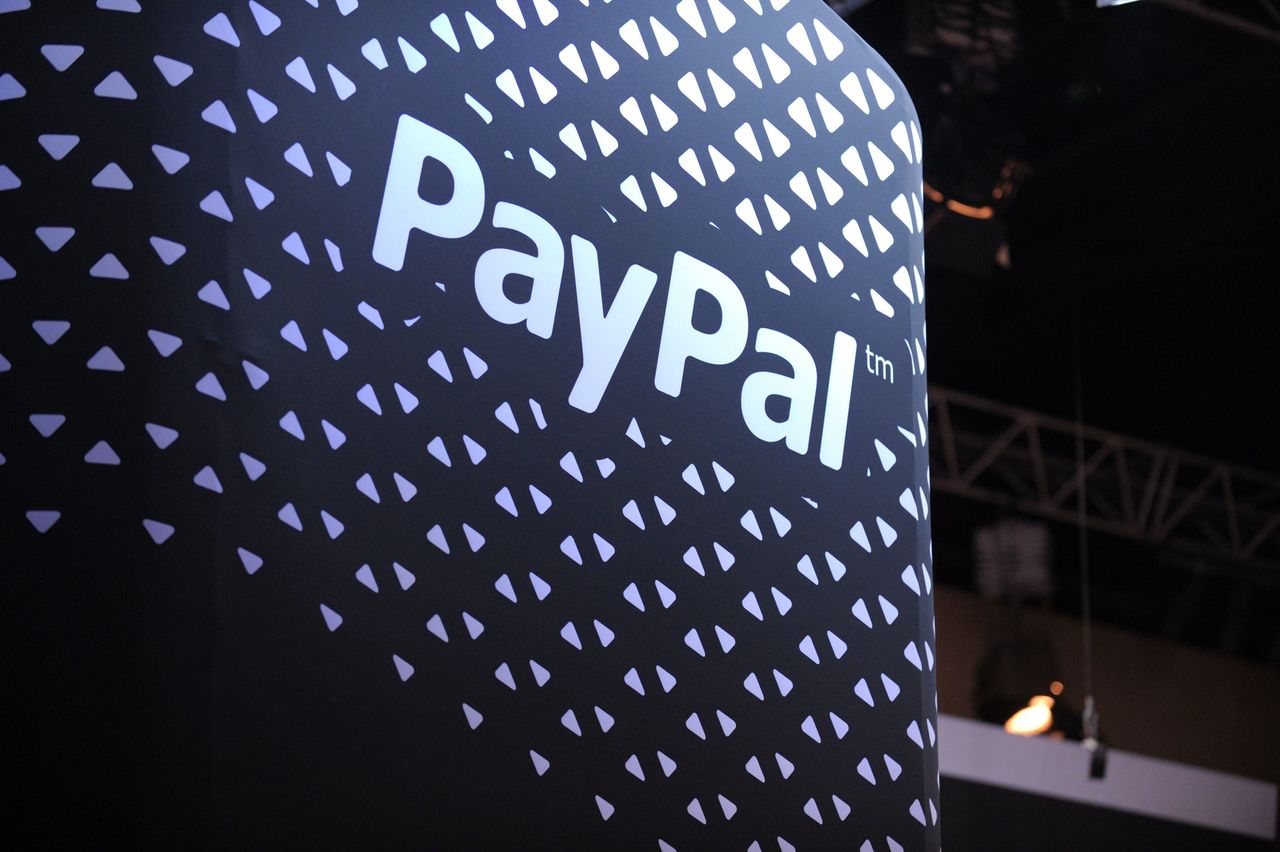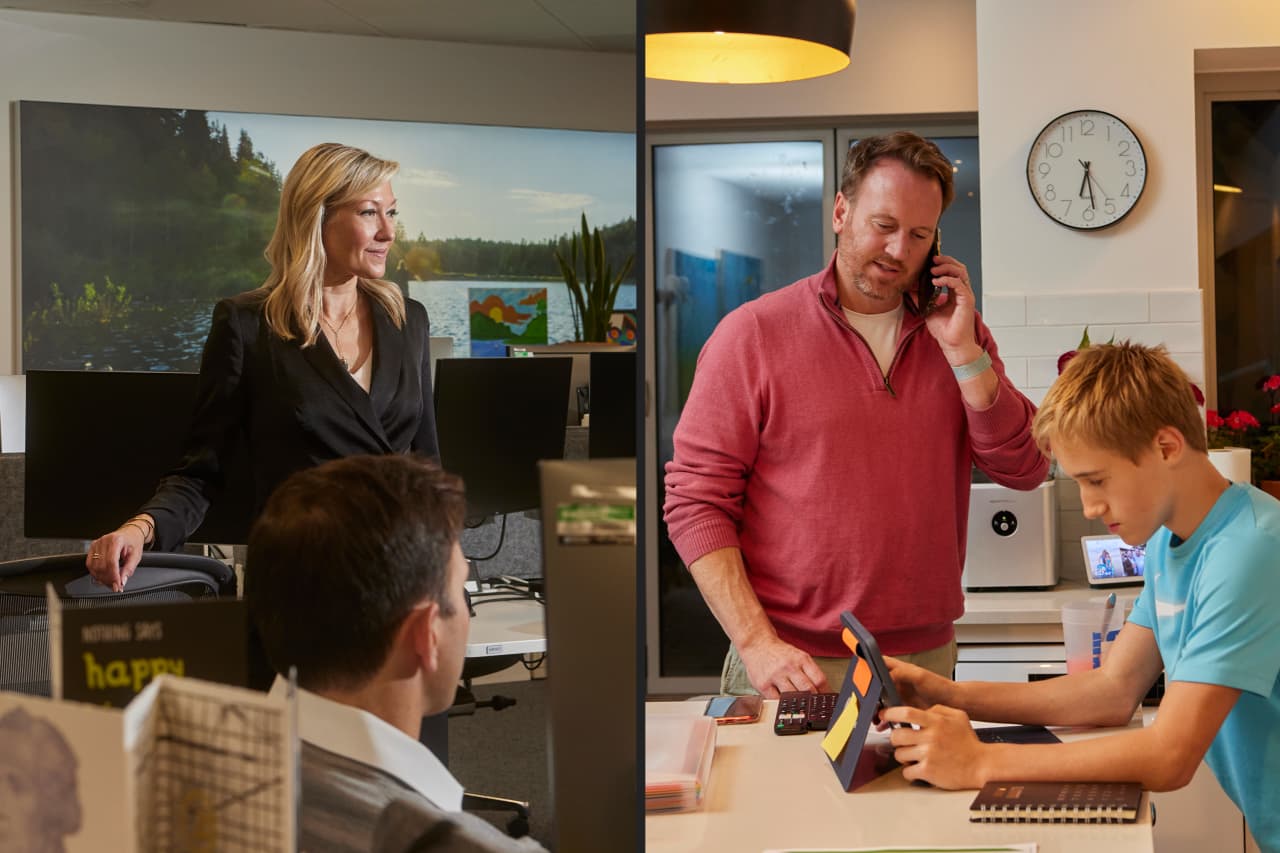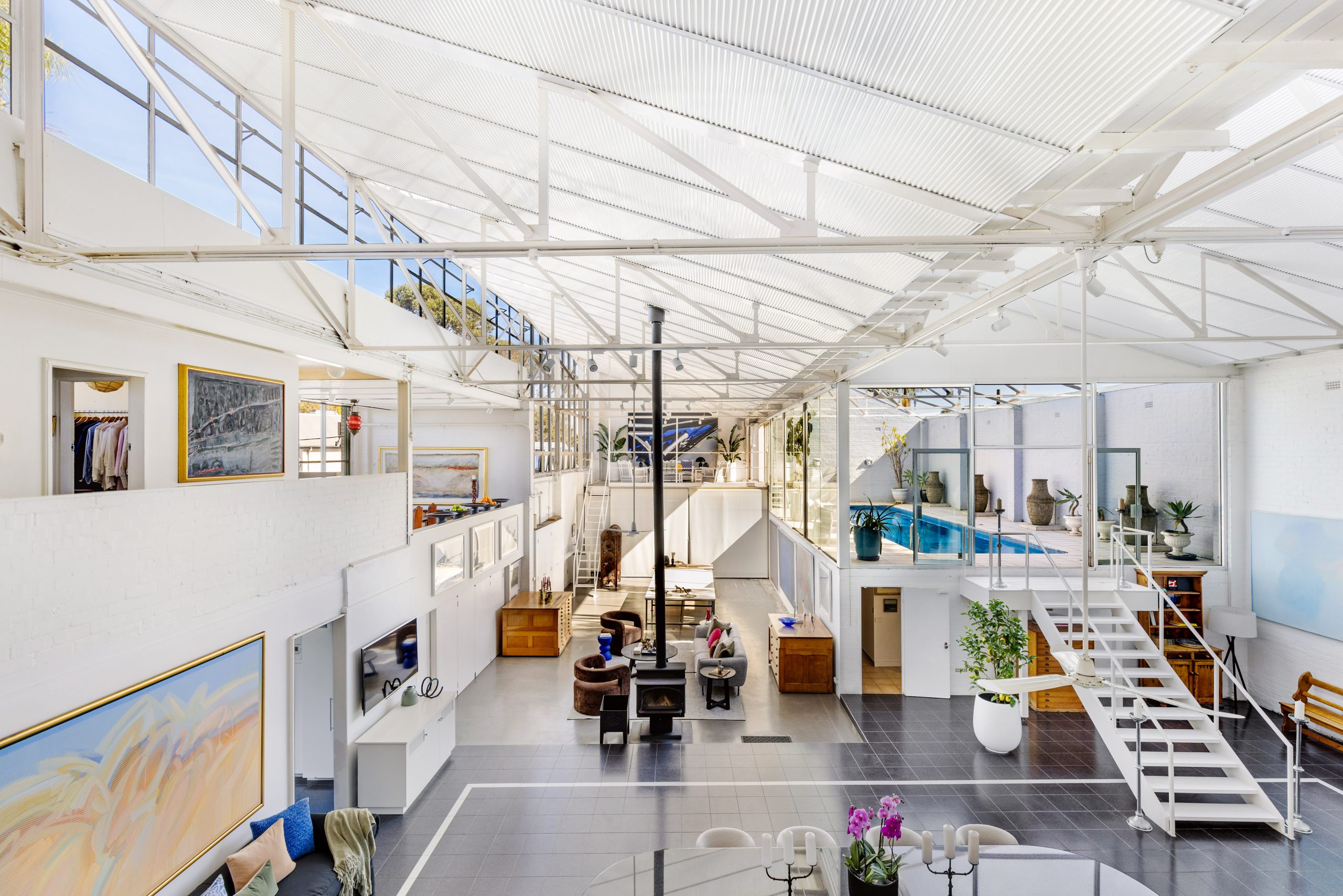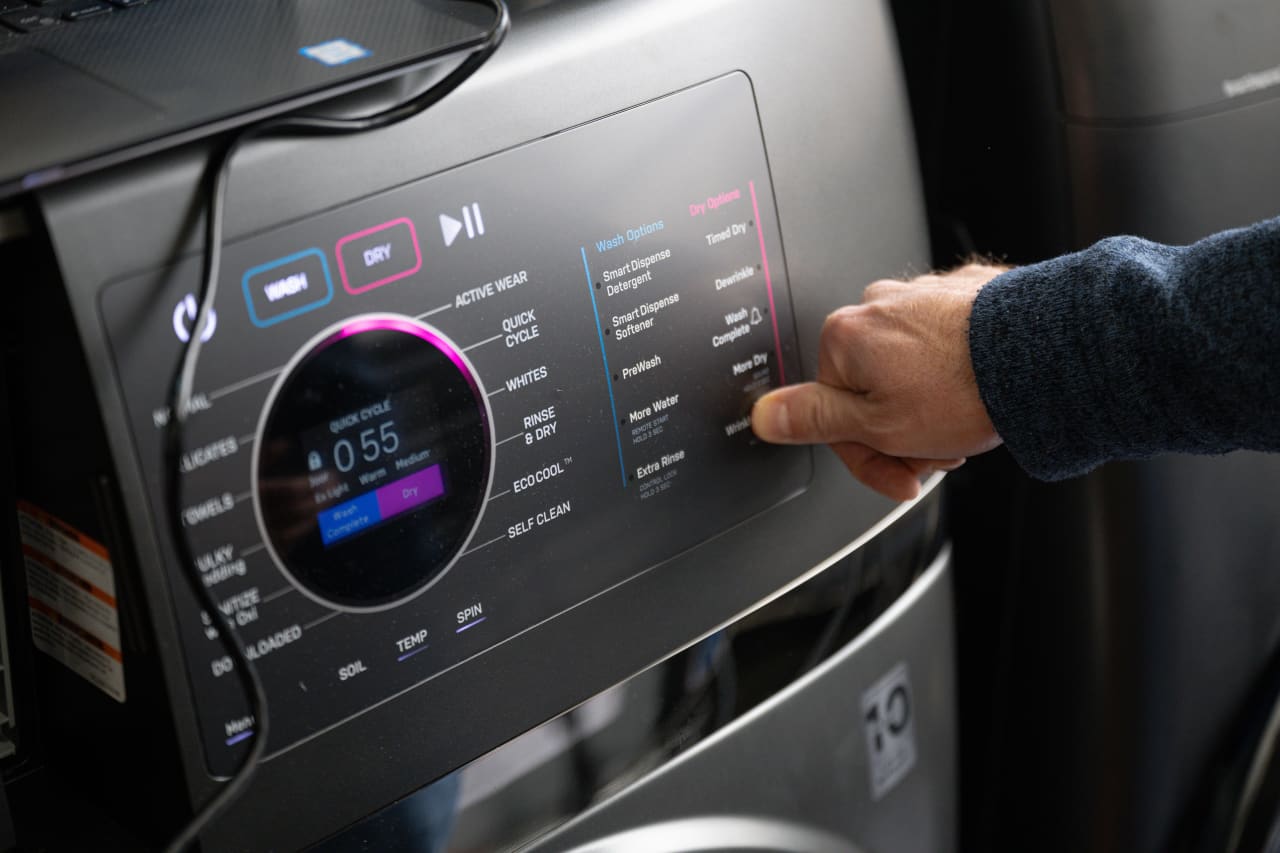PayPal to Buy Japan’s Paidy for $3.67 Billion
It’s the latest in a flurry of deals involving ‘buy now, pay later’ companies
PayPal Holdings Inc. agreed to buy Japanese “buy now, pay later” startup Paidy Inc. for about $2.7 billion, in a move that will boost its business in the world’s third-largest e-commerce market.
The transaction adds to a flurry of activity involving companies that let consumers pay for purchases in instalments, as an alternative to traditional forms of credit. In August, Square Inc. said it would buy Australia’s Afterpay Ltd. for about $39 billion, while Affirm Holdings Inc. entered a partnership with Amazon.com Inc., sending the financial-technology group’s shares soaring.
U.S.-listed PayPal says it has more than 400 million consumers and merchants in more than 200 markets. Its business has grown rapidly with the shift from cash and in-store card spending to digital payments and e-commerce. PayPal has used the pandemic’s shift toward contactless payments to push into big chain stores via QR codes.
In the second quarter, PayPal handled more than $400 billion of payments for the first time in its history.
PayPal will pay for Paidy primarily in cash, it said late Tuesday. It expects the deal to close in the fourth quarter and to minimally dilute earnings per share, as measured on a non-GAAP basis, or not in line with generally accepted accounting principles.
Paidy lets Japanese shoppers make purchases online and then make monthly payments in a consolidated bill at a convenience store or via bank transfer.
The company uses proprietary technology to score creditworthiness, underwrite transactions and guarantee payment to merchants, and says its 3-Pay monthly installment offering has more than 6 million registered users.
Paidy will continue to operate its existing business, retain its own brand, and continue to be led by Russell Cummer, founder and executive chairman, and Riku Sugie, president and chief executive.
Paidy’s backers include George Soros’s sons Jonathan and Robert. In April, Paidy said it had raised a total of $120 million of so-called Series D funding from the two men’s family offices, JS Capital Management LLC and Soros Capital Management LLC, as well from the investment managers Tybourne Capital Management Ltd. and Wellington Management.
BofA Securities Inc. acted as financial adviser to PayPal, while Goldman Sachs Group Inc. advised Paidy.
 Copyright 2020, Dow Jones & Company, Inc. All Rights Reserved Worldwide. LEARN MORE
Copyright 2020, Dow Jones & Company, Inc. All Rights Reserved Worldwide. LEARN MORE
This stylish family home combines a classic palette and finishes with a flexible floorplan
Just 55 minutes from Sydney, make this your creative getaway located in the majestic Hawkesbury region.
More than one fifth of Australians are cutting back on the number of people they socialise with
Australian social circles are shrinking as more people look for ways to keep a lid on spending, a new survey has found.
New research from Finder found more than one fifth of respondents had dropped a friend or reduced their social circle because they were unable to afford the same levels of social activity. The survey questioned 1,041 people about how increasing concerns about affordability were affecting their social lives. The results showed 6 percent had cut ties with a friend, 16 percent were going out with fewer people and 26 percent were going to fewer events.
Expensive events such as hens’ parties and weddings were among the activities people were looking to avoid, indicating younger people were those most feeling the brunt of cost of living pressures. According to Canstar, the average cost of a wedding in NSW was between $37,108 to $41,245 and marginally lower in Victoria at $36, 358 to $37,430.
But not all age groups are curbing their social circle. While the survey found that 10 percent of Gen Z respondents had cut off a friend, only 2 percent of Baby Boomers had done similar.
Money expert at Finder, Rebecca Pike, said many had no choice but to prioritise necessities like bills over discretionary activities.
“Unfortunately, for some, social activities have become a luxury they can no longer afford,” she said.
This stylish family home combines a classic palette and finishes with a flexible floorplan
Just 55 minutes from Sydney, make this your creative getaway located in the majestic Hawkesbury region.






















